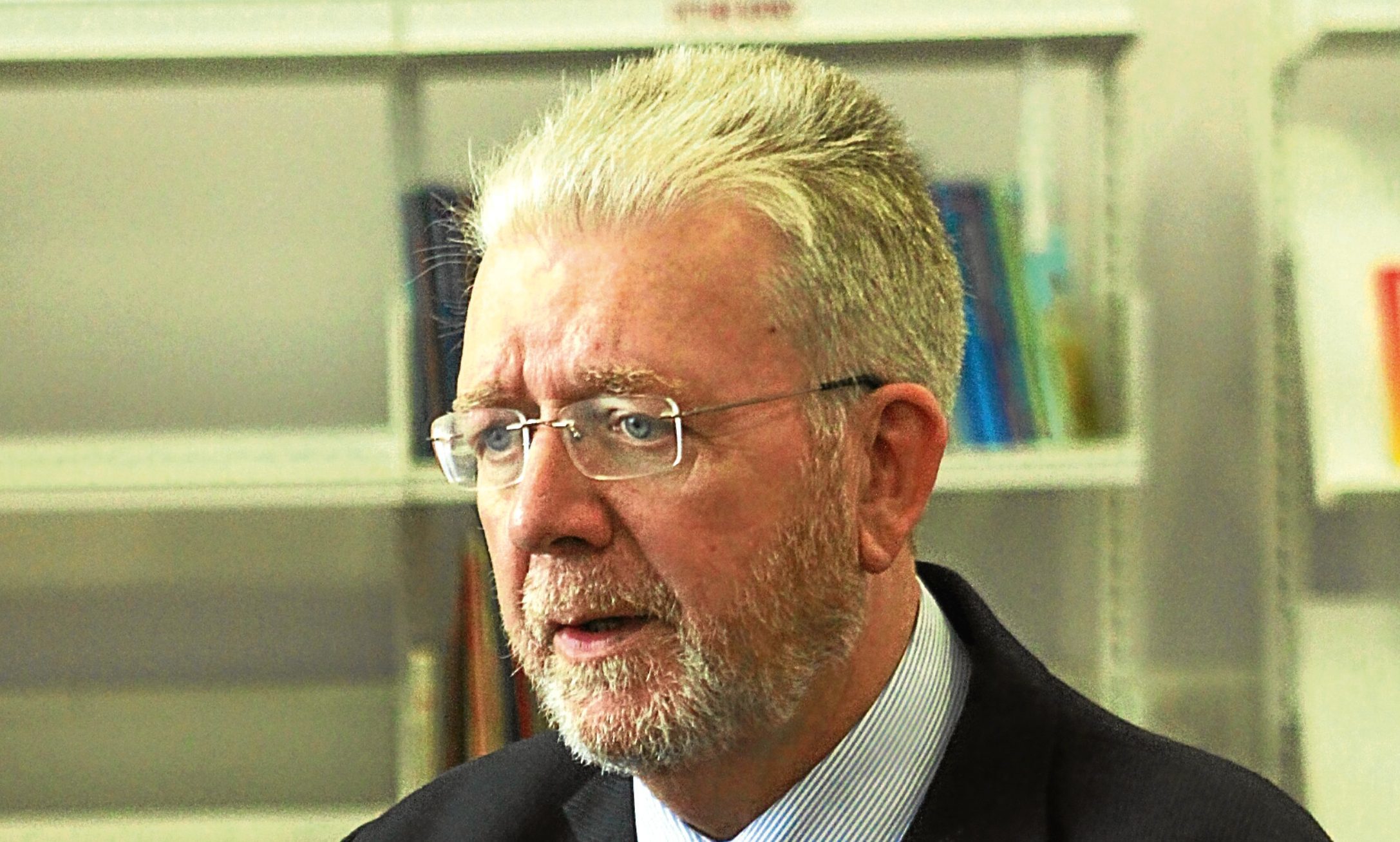A Courier reader raised an interesting question in these pages last week: how can Nicola Sturgeon and her team reconcile their push for independence with the problems that currently plague key areas of government?
The Scottish economy has a £14.9 billion deficit – and that’s while we still have the financial support of the UK Treasury.
Key services, all run from Scotland since devolution in 1999 and by the SNP since 2007, are struggling.
Education, as this column pointed out last week, requires radical reform to bring it up to the standards south of the border.
Health spending has dropped 1.2% under the nationalists, while in England (under the Tories) it has risen by 4.4%, according to the Institute for Fiscal Studies.
Business confidence, meanwhile, remains fragile, with major players such as the Royal Bank of Scotland considering moving their headquarters south if Sturgeon carries out her threat to hold a second referendum.
Someone should remind the Scottish Government that a majority of Scots do not want constitutional upheaval, but who will that someone be?
Less democratic
Although the SNP is a minority regime, following a loss of seats at the Scottish elections in May, it has become less not more democratically accountable.
The committee system that was originally intended to act as a cross-party challenge to the government, as the Commons committees do, has evolved into a completely toothless process.
The SNP has its own conveners installed in most of the committees and has used these, and its supine committee members, to rubber-stamp unpopular policies instead of trying to seek a parliamentary consensus.
The party lost some control in May, when the new presiding officer, Ken Macintosh – a Labour man – introduced changes in an attempt to make the committees fairer.
But that move has now been undermined by the SNP’s latest power grab. This week we learnt that several junior MSPs have been given jobs as aides to ministers they are supposed to hold to account.
Sturgeon has appointed the parliamentary liaison officers (PLOs) to assist senior ministers. But the same MSPs have roles on the committees whose task it is to probe ministers.
So, education secretary John Swinney’s PLO, Jenny Gilruth, sits on the education committee, while finance secretary Derek Mackay’s PLO, Kate Forbes, has made it on to – you guessed it – the finance committee!
The same pattern has reportedly been repeated across every Cabinet portfolio.
What better way for the nationalists to ensure they get their own way than to have ambitious juniors scrutinising their bosses?
The aides will not only act as their ministers’ “insiders” on the committees, they will also have access to confidential government information that other committee members won’t see.
More respect
As the Green MSP Ross Greer said, the government “could at least show parliament more respect by allowing it to do its job as effectively as possible”.
At Westminster, parliamentary private secretaries, the equivalent of PLOs, are banned from sitting on committees they are connected to, and there would be an outcry if they ever quizzed their own ministers over controversial legislation.
But in Holyrood, the SNP has successfully made a mockery of democracy. It does not even have a second chamber to contend with and its backbenchers have proved themselves to be yes men and women in the literal sense.
Rigorous inspection
This is not good for the parliament and it is certainly not good for Scotland.
With increased powers, thanks to the Smith Commission, decisions made by the government must stand up to rigorous inspection.
Of course, the opposition benches are stern critics of SNP policy but they have not had the numbers to obstruct the nationalist rollercoaster.
Now, though, scrutiny may come from a novel source – the SNP itself.
The party has been in government long enough to have a tier of veteran politicians who find themselves with little to do.
Former ministers – Mike Russell and Alex Neil for instance – have been moved out of big departments against their wishes and will not necessarily take their demotions lying down.
The famous SNP discipline may prove harder to apply to those who have been around for a while and have nothing left to lose.
Ousted ministers have been the undoing of prime ministers, as Margaret Thatcher found, and there is no reason why first ministers might not also feel the wrath of their reshuffled colleagues.
But on a more constructive level, the SNP’s mature backbenchers should relish their new role.
Their responsibility is to the parliament, not to ministers, and it’s time the nationalists, particularly the older ones, acknowledged that, as their Tory, Labour and Lib Dem counterparts have done for years in the Commons.
Once the likes of Russell and Neil start questioning the government, Scotland’s parliament will start to resemble a grown-up assembly.
It hasn’t reached that stage yet.
